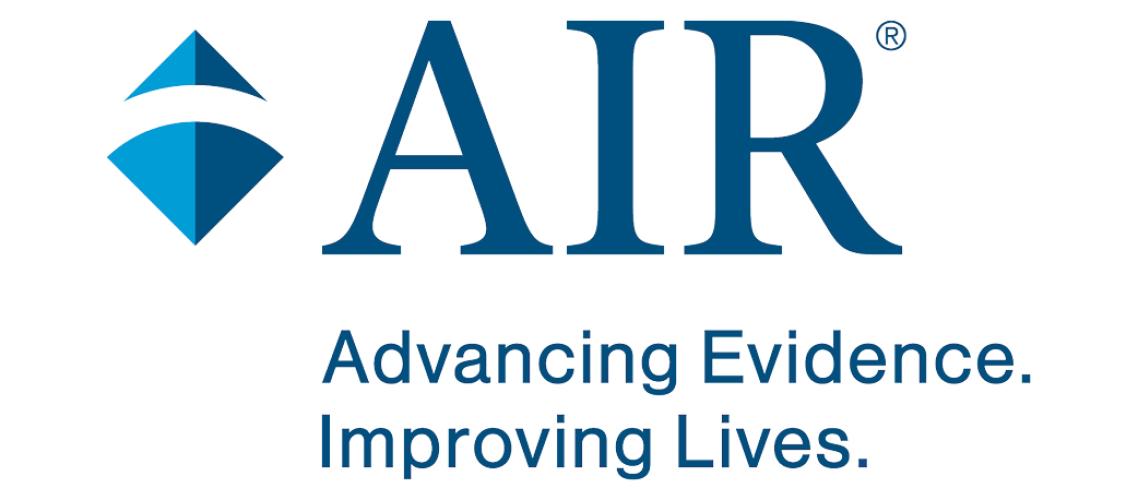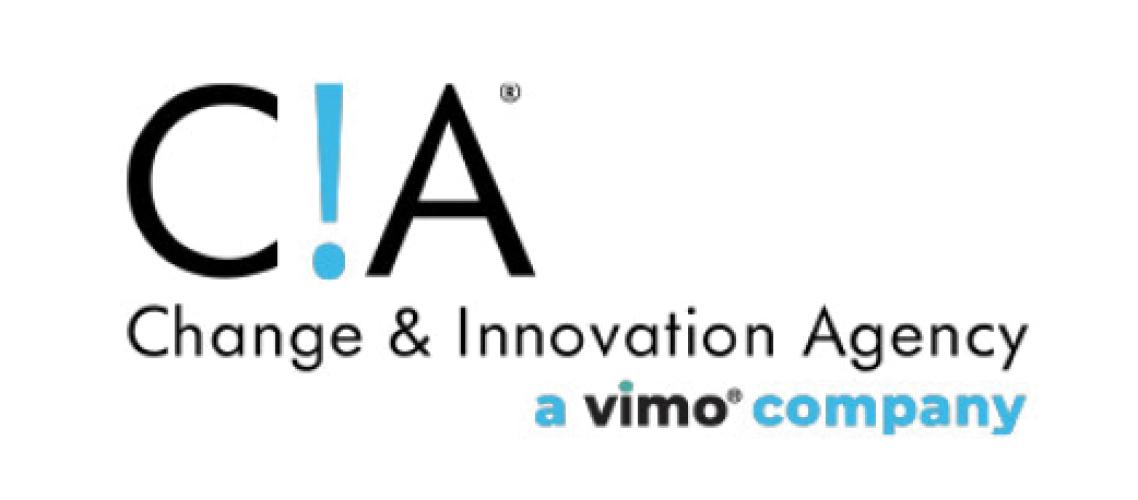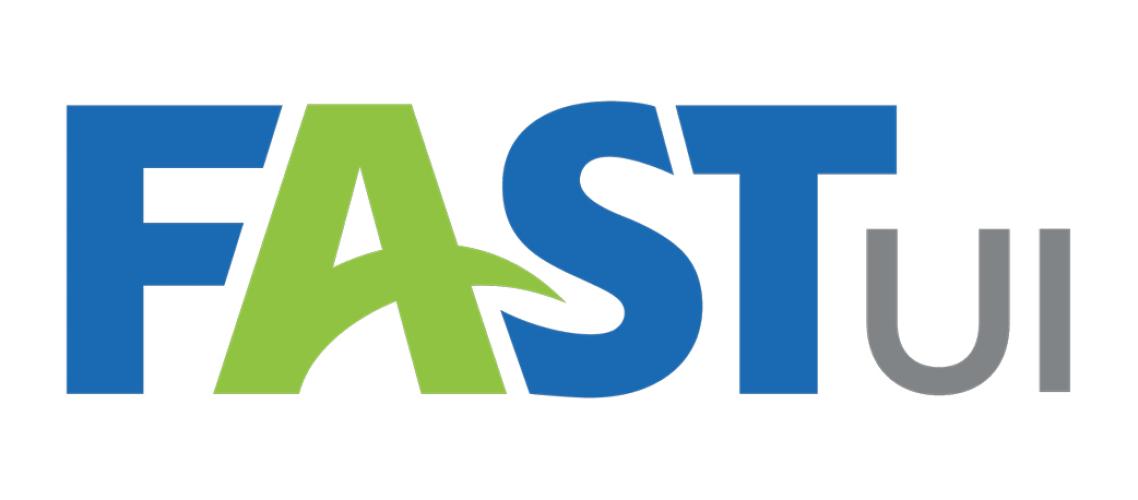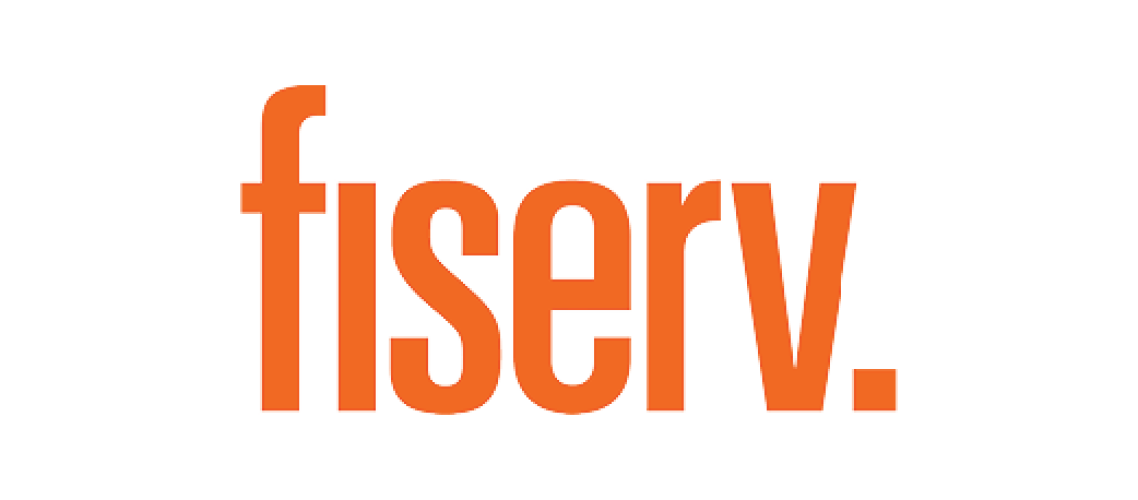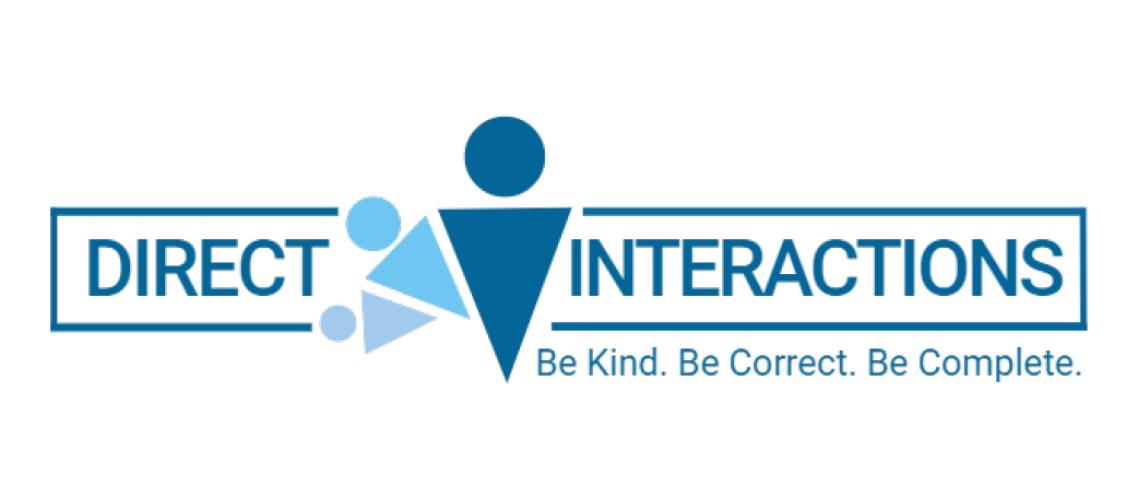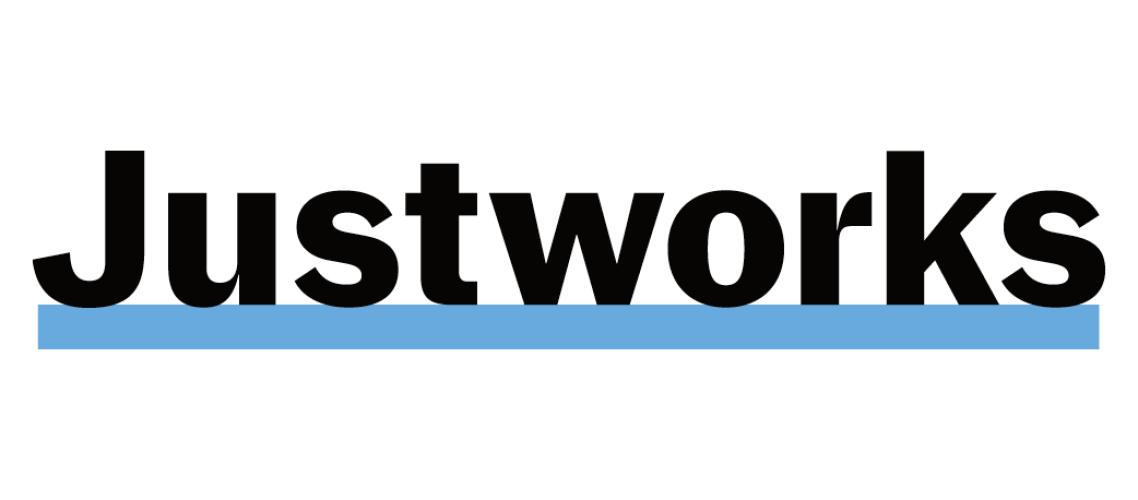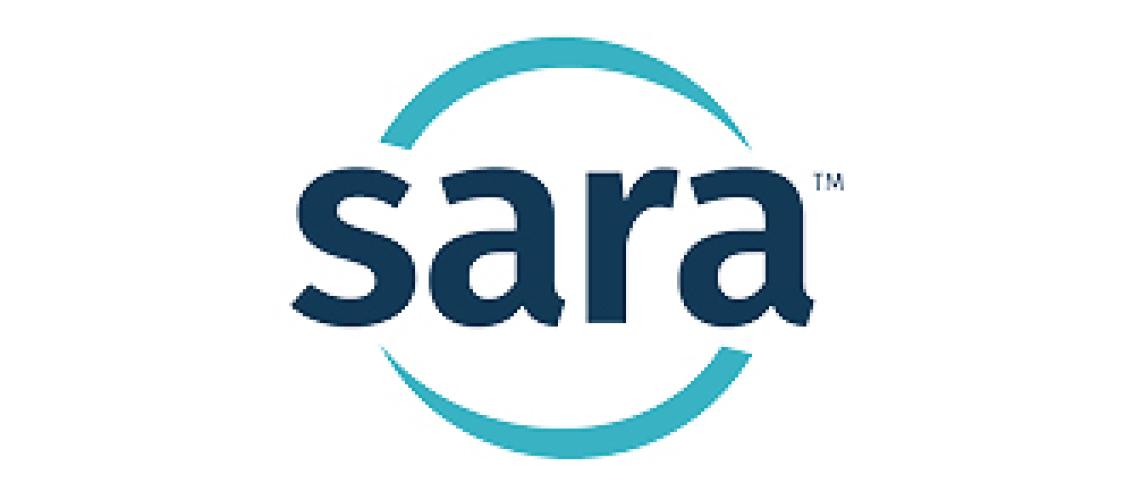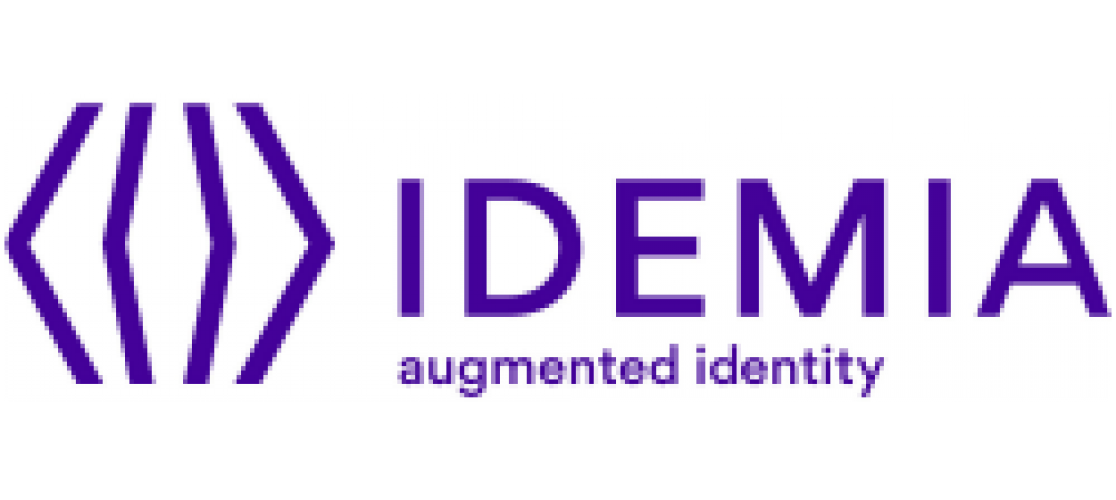
NASWA's 2024 Legislative Priorities
WASHINGTON – The National Association of State Workforce Agencies (NASWA) has released its annual legislative priorities for 2024 on behalf of the nation’s state workforce agencies. These initiatives advocate for enhanced flexibility, investment, and alignment of workforce development; investment in data infrastructure support; improvements to unemployment insurance; and support in technology advancements.
“The 2024 Legislative Priorities have a continued focus on workforce development, data infrastructure and unemployment insurance, along with a new, targeted focus on technology, to help state workforce agencies better serve their communities,” NASWA President and CEO Scott B. Sanders said. “Investment and increased flexibility are key for helping states, employers, and jobseekers push forward to advance our nation’s economic growth and stability.”
NASWA's 2024 Legislative Priorities include:
Workforce Development
Enhance federal investment; increase flexibility for states; align workforce with post-secondary, infrastructure and industrial investments; and promote economic mobility by reducing systemic barriers to successful outcomes
- Increase investment in Workforce Innovation and Opportunity Act (WIOA) programs and increase investment for governors’ statewide needs to 20%
- Increase permanent funding for the Wagner-Peyser Act
- Avoid short-term, episodic, and/or competitive funding opportunities
- Establish new dedicated funding for states to create and scale statewide and regional sector strategies
- Scale up apprenticeships by providing dedicated funding
- Strengthen subsidized employment opportunities
- Support the states’ abilities to promote equal opportunity in workforce programs
- Continue funding of the Reemployment Services and Eligibility Assessment (RESEA) program at full authorization levels
- Include funding and allow flexibility across WIOA programs to hire staff and conduct outreach
- Promote flexibility by allowing states to use funding across WIOA programs
- Grant states flexibility under WIOA to better serve and expand access for youth, underserved individuals, and workers at high risk of displacement
- Allow state flexibility for Wagner-Peyser staffing
- Maintain and safeguard the vital role of veteran’s programs in the workforce development system
- Rename the Disabled Veteran Outreach Program (DVOP) to more accurately reflect the population of veterans eligible for Jobs for Veterans State Grant (JVSG) services
- Expand eligibility, and provide additional funding if needed by a state, to include additional categories of Veterans and eligible spouses for specialized services provided by authorized JVSG personnel
- Facilitate greater coordination and alignment across federal agencies
- Require partnerships with state workforce agencies to support more informed planning and successful outcomes for federal investments
- Fund state workforce agencies and other workforce system partners in supporting the implementation of federal infrastructure and industrial investments
- Provide funding to increase access to childcare and other supportive services on an ongoing basis to broaden labor market participation
- Expand broadband coverage to support digital equity and increased access to employment and training opportunities
- Improve alignment of workforce, unemployment insurance, human services, housing, and education agencies at the federal level
- Invest in innovative, iterative, and continuous digital transformation efforts and supporting data technologies for holistic, interoperable service delivery
Data Infrastructure Support
Invest in state-driven data infrastructure
- Double funding and expand flexibility to state LMI divisions for their required deliverables under the federal-state cooperative statistics programs
- Double funding and expand flexibility to state LMI and research divisions
- Invest $7 million annually in multi-state data collaboratives
- Involve the U.S. Department of Labor in new workforce development investments to ensure data-informed practices
Unemployment Insurance
Enable states to prepare for the next recession; and increase flexibility for states
- Increase administrative funding as a whole
- Permit states to limit retroactive notifications to citizens involved with the CARES Act UI programs when states acted in good faith implementing shifting federal requirements
- Update and streamline the Extended Benefits and Disaster Unemployment Assistance programs
- Expand Short-Time Compensation (Workshare) coverage
- Reauthorize the Trade Adjustment Assistance for Workers program
- Include flexibility as a part of reauthorization of the Trade Adjustment Assistance for Workers program
- Authorize state staffing flexibility through 2024
- Hold states harmless for any overpayments made under the federal Lost Wages Assistance (LWA) program
- Waive all non-fraudulent pandemic-related unemployment compensation overpayments
- Amend the Payment Integrity Information Act
- Clarify that Internal Revenue Service federal tax information, such as a payment amount that does not identify the source of the payment or recovery, may be used in state UI systems
- Extend the statute of limitations for filing criminal charges and civil enforcement related to UI from 5 to 10 years
- Waive interest payments and the accrual of interest on federal advances to states
Technology
- Support shared services and technologies
- Ensure competitive grants have adequate funds set aside for technology innovation and data needs
- Invest funding to support data and technologies for holistic, interoperable service delivery
- Provide innovation funding for states to develop and explore emerging technology solutions
These legislative priorities are published on behalf of the state workforce agencies and are developed in collaboration with members through NASWA’s 10 national policy committees, approved by the board of directors, and circulated to the membership.
###


